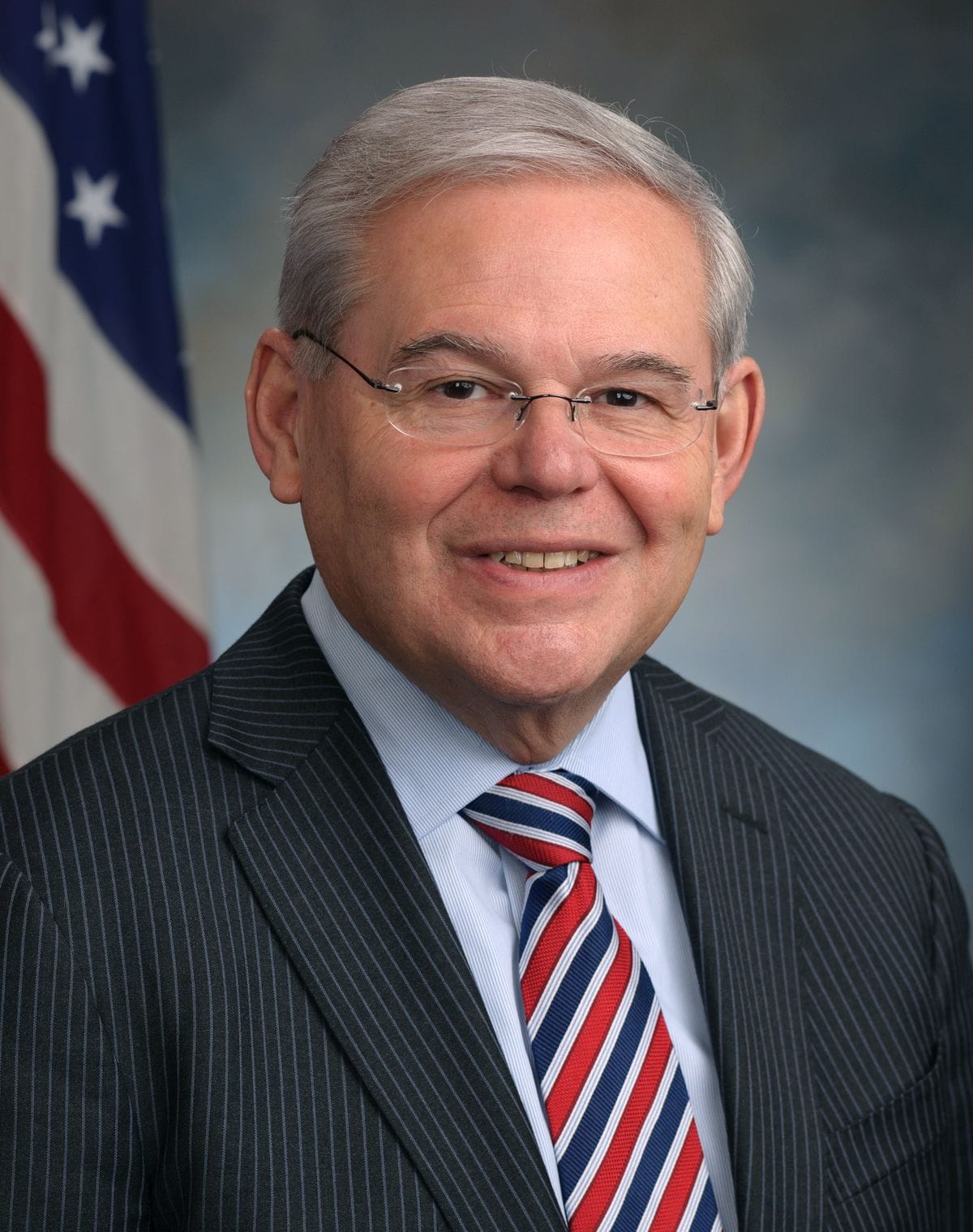Former New Jersey Senator Robert Menendez was sentenced to eleven years in federal prison on Wednesday, concluding a high-profile corruption case that has garnered national attention. The sentencing, handed down by Judge Sidney Stein, follows Menendez’s conviction on multiple counts of bribery, fraud, and obstruction of justice. The charges stemmed from allegations that Menendez accepted hundreds of thousands of dollars in bribes and gifts in exchange for wielding his political influence to benefit a New Jersey businessman. The case, which involved a complex web of financial transactions and political maneuvering, has been closely monitored by legal experts and the public alike. The prosecution presented evidence showing that Menendez, while in office, used his position to intervene in criminal investigations, secure government contracts, and influence foreign policy matters, all for the benefit of his associates and himself. Testimony and financial records indicated a pattern of quid pro quo exchanges, linking gifts and favors to Menendez’s official actions. These exchanges, often hidden behind shell companies and offshore accounts, were central to the government’s case.
The defense argued that Menendez was unaware of the illicit nature of the transactions and that his actions were within the bounds of standard political behavior. However, the jury ultimately rejected these claims, finding him guilty on several of the most serious charges. The prosecution characterized Menendez’s actions as a gross violation of public trust, asserting that his conduct damaged the integrity of the United States Senate and the public’s faith in elected officials. The sentencing represents a significant victory for the prosecution, which has long sought to hold public officials accountable for corruption and abuse of power. The judge noted the seriousness of the offenses and the need to deter similar conduct by other officials. In addition to the prison sentence, Menendez was ordered to forfeit assets acquired through the corrupt practices. The financial penalties are intended to strip away any illicit gains and ensure that justice is served. This case marks another instance in which a long-serving public official has been found guilty of betraying the public trust. It underscores the ongoing challenges in maintaining integrity in the political system and the mechanisms in place to address such breaches. The lengthy prison term, combined with the other financial penalties, is seen by some legal experts as a clear message that such conduct will not be tolerated. The public, meanwhile, has reacted with a mix of anger, disappointment, and a renewed demand for ethical behavior from political leaders. The outcome of the case is likely to have lasting implications for the political landscape and the ongoing debate about campaign finance and ethics reform. This specific case also highlights some of the challenges of prosecuting public officials, as the evidence often requires tracing complicated financial transactions. The conclusion of this trial, however, underscores the seriousness with which the U.S. legal system treats corruption. The trial revealed the intricate methods employed to conceal illicit activities and the extensive efforts required to bring these actions to light.
Menendez’s legal team has indicated that they plan to appeal the conviction. The appeal process could take several months or even years. The outcome of the appeal could potentially alter the final judgement of the case. For now, the former senator will begin serving his prison sentence. The case serves as a stark reminder of the importance of ethical conduct in public service and the public’s right to have their elected officials act in their best interests. The judicial process, though lengthy, ultimately held Menendez accountable for his actions. The legal ramifications and potential reforms that may come from this case are expected to continue to unfold in the coming months. This event will continue to influence the public debate concerning ethical responsibility and legal frameworks for elected officials. The case’s conclusion brings to an end a chapter of a long and closely watched court case, one that has highlighted the risks of corruption at the highest levels of government.



